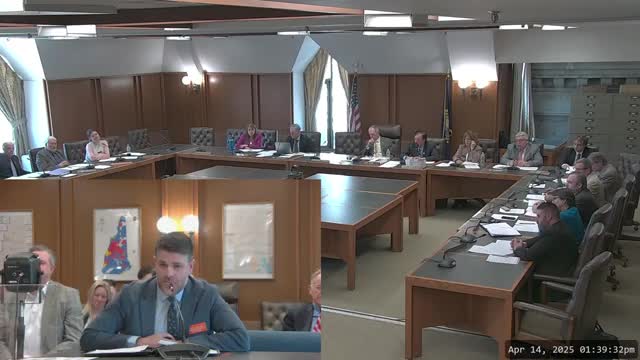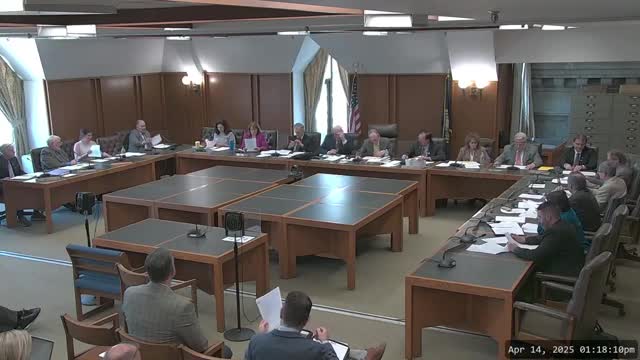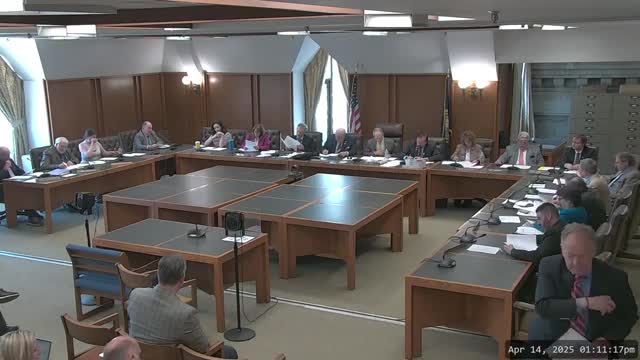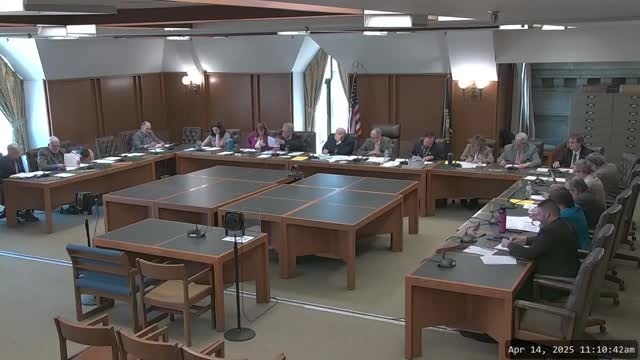Article not found
This article is no longer available. But don't worry—we've gathered other articles that discuss the same topic.

Housing authorities, developers and clean‑energy groups back pilot for community and low‑income customer generators (SB228)

Businesses and housing advocates urge committee to lift 1 MW cap for industrial/commercial solar; SB106 draws broad support

Committee delays final action on net‑metering bill after debate over ISO market participation, grandfathering and market‑revenue language

